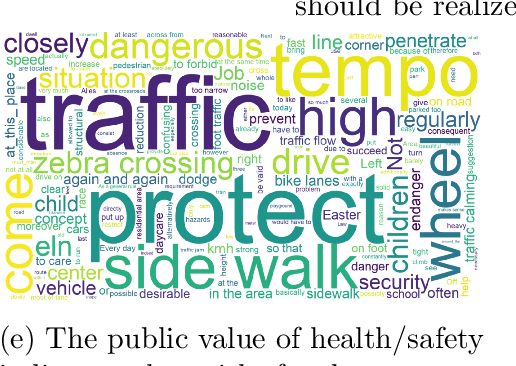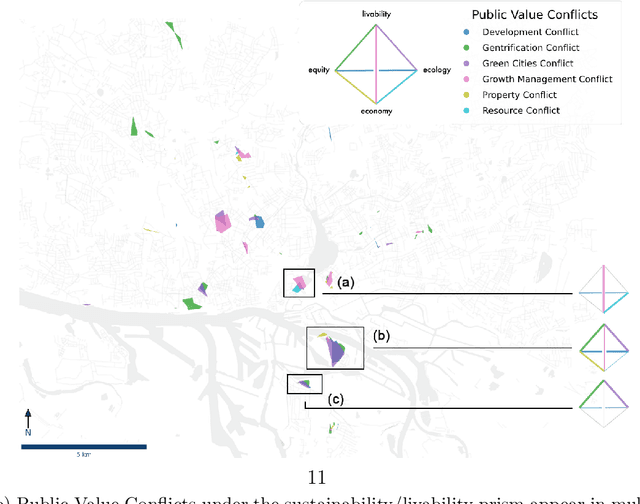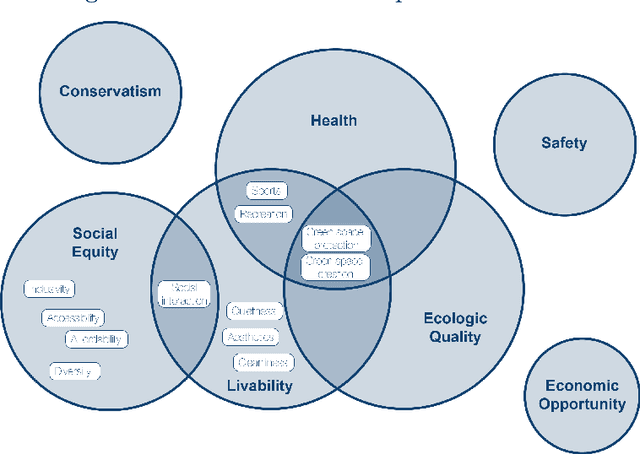Frances Brazier
Towards Affect-Adaptive Human-Robot Interaction: A Protocol for Multimodal Dataset Collection on Social Anxiety
Nov 17, 2025


Abstract:Social anxiety is a prevalent condition that affects interpersonal interactions and social functioning. Recent advances in artificial intelligence and social robotics offer new opportunities to examine social anxiety in the human-robot interaction context. Accurate detection of affective states and behaviours associated with social anxiety requires multimodal datasets, where each signal modality provides complementary insights into its manifestations. However, such datasets remain scarce, limiting progress in both research and applications. To address this, this paper presents a protocol for multimodal dataset collection designed to reflect social anxiety in a human-robot interaction context. The dataset will consist of synchronised audio, video, and physiological recordings acquired from at least 70 participants, grouped according to their level of social anxiety, as they engage in approximately 10-minute interactive Wizard-of-Oz role-play scenarios with the Furhat social robot under controlled experimental conditions. In addition to multimodal data, the dataset will be enriched with contextual data providing deeper insight into individual variability in social anxiety responses. This work can contribute to research on affect-adaptive human-robot interaction by providing support for robust multimodal detection of social anxiety.
Value Elicitation for a Socially Assistive Robot Addressing Social Anxiety: A Participatory Design Approach
Nov 05, 2025Abstract:Social anxiety is a prevalent mental health condition that can significantly impact overall well-being and quality of life. Despite its widespread effects, adequate support or treatment for social anxiety is often insufficient. Advances in technology, particularly in social robotics, offer promising opportunities to complement traditional mental health. As an initial step toward developing effective solutions, it is essential to understand the values that shape what is considered meaningful, acceptable, and helpful. In this study, a participatory design workshop was conducted with mental health academic researchers to elicit the underlying values that should inform the design of socially assistive robots for social anxiety support. Through creative, reflective, and envisioning activities, participants explored scenarios and design possibilities, allowing for systematic elicitation of values, expectations, needs, and preferences related to robot-supported interventions. The findings reveal rich insights into design-relevant values-including adaptivity, acceptance, and efficacy-that are core to support for individuals with social anxiety. This study highlights the significance of a research-led approach to value elicitation, emphasising user-centred and context-aware design considerations in the development of socially assistive robots.
Identifying public values and spatial conflicts in urban planning
Jul 18, 2022


Abstract:Identifying the diverse and often competing values of citizens, and resolving the consequent public value conflicts, are of significant importance for inclusive and integrated urban development. Scholars have highlighted that relational, value-laden urban space gives rise to many diverse conflicts that vary both spatially and temporally. Although notions of public value conflicts have been conceived in theory, there are very few empirical studies that identify such values and their conflicts in urban space. Building on public value theory and using a case-study mixed-methods approach, this paper proposes a new approach to empirically investigate public value conflicts in urban space. Using unstructured participatory data of 4,528 citizen contributions from a Public Participation Geographic Information Systems in Hamburg, Germany, natural language processing and spatial clustering techniques are used to identify areas of potential value conflicts. Four expert workshops assess and interpret these quantitative findings. Integrating both quantitative and qualitative results, 19 general public values and a total of 9 archetypical conflicts are identified. On the basis of these results, this paper proposes a new conceptual tool of Public Value Spheres that extends the theoretical notion of public-value conflicts and helps to further account for the value-laden nature of urban space.
 Add to Chrome
Add to Chrome Add to Firefox
Add to Firefox Add to Edge
Add to Edge